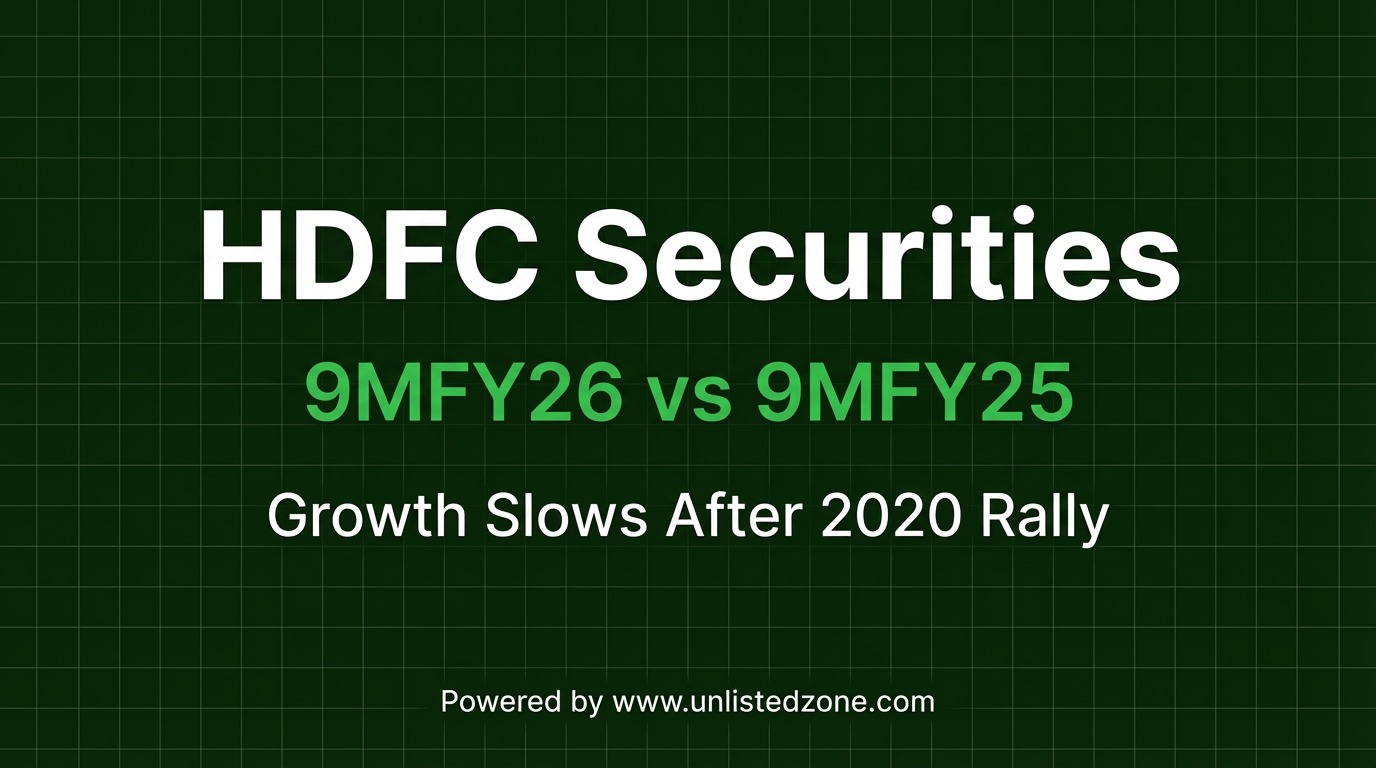HDB Financial Services is facing potential regulatory challenges tied to alleged violations of the Companies Act, 2008, as it moves forward with its $1.5 billion initial public offering (IPO). Concerns have arisen from a Securities and Exchange Board of India (SEBI) finding that the company may have breached private placement regulations by issuing shares to employees of its parent organization, HDFC Bank.
1.Private Placement Rules in Question
The issue stems from HDB’s reported issuance of shares to over 50 employees of HDFC Bank, which could violate the Companies Act’s cap of 50 investors for private placements. Exceeding this threshold could reclassify the offering as a public issue, requiring prior SEBI approval. A report by Mint suggests that SEBI might escalate the case to the Ministry of Corporate Affairs (MCA). If found non-compliant, HDB could face fines or be required to adjust its IPO filings before proceeding.
2. The IPO Details and Regulatory Context
HDB submitted its draft red herring prospectus (DRHP) in November 2024, proposing to raise ₹2,500 crore through fresh equity issuance. Additionally, HDFC Bank plans to divest shares worth ₹10,000 crore to meet Reserve Bank of India (RBI) guidelines on listing upper-layer non-banking financial companies (NBFCs). These rules mandate banks to reduce their stakes in subsidiaries below 20%. HDFC Bank, which currently holds a 94.36% stake in HDB, will need to align with these requirements post-IPO.
3. Historical Share Allocation Under Scrutiny
In January 2008, HDB distributed 12 million shares to 410 employees of HDFC Bank, including then-CEO Aditya Puri. Legal experts note the critical question is whether this allocation qualifies as an employee stock ownership plan (ESOP) or a public issuance. ESOPs typically don’t require SEBI approval, but if classified as a public issue, the company may face additional regulatory hurdles or delays.
4. Financial Performance Highlights Challenges
HDB Financial has also encountered setbacks in its financial results, which could weigh on investor sentiment. For the quarter ending December 2024, the company reported a 20% decline in net profit to ₹472.3 crore, primarily due to higher credit costs. Rising non-performing assets (NPAs) in unsecured loans, commercial vehicle financing, and construction equipment loans added to the strain. NPAs increased to 2.25% from 2.1% in the previous quarter.
5. Potential Outcomes for Regulatory Issues
Despite these challenges, industry analysts believe HDB’s IPO is unlikely to face major disruptions, given the strong reputation of its parent company, HDFC Bank. Regulatory actions are anticipated after the MCA reviews SEBI’s findings. The situation might be resolved through fines, settlements, or additional disclosures, enabling the IPO to move forward.
6. Conclusion: Reputation as a Strength
HDB’s journey toward its IPO underscores the complexities of regulatory compliance and financial performance in a high-stakes environment. While the scrutiny may result in penalties or delays, experts remain optimistic about the IPO’s success due to the robust standing of HDFC Bank. The final resolution will likely set a precedent for handling similar cases in the future.




